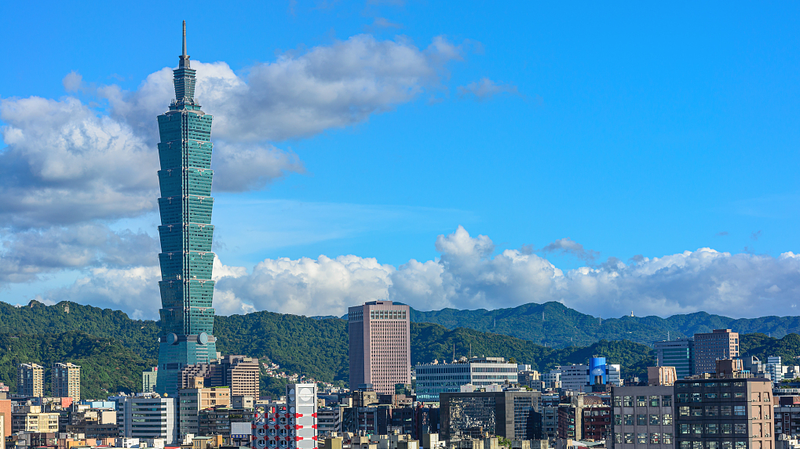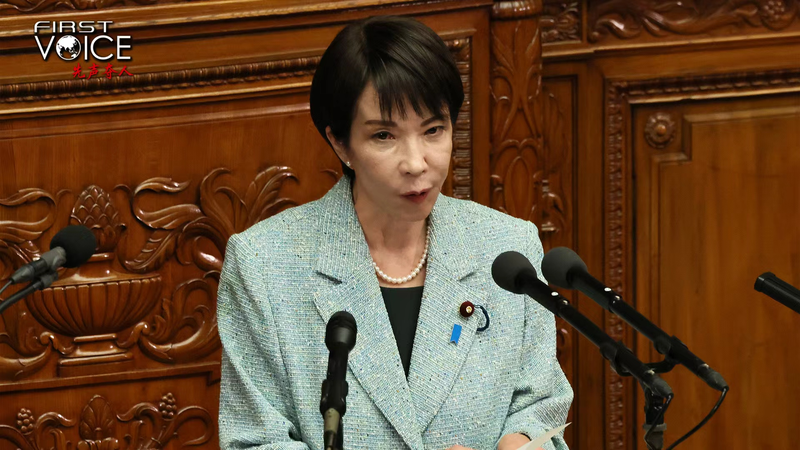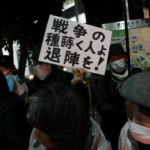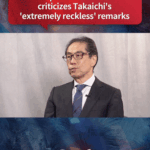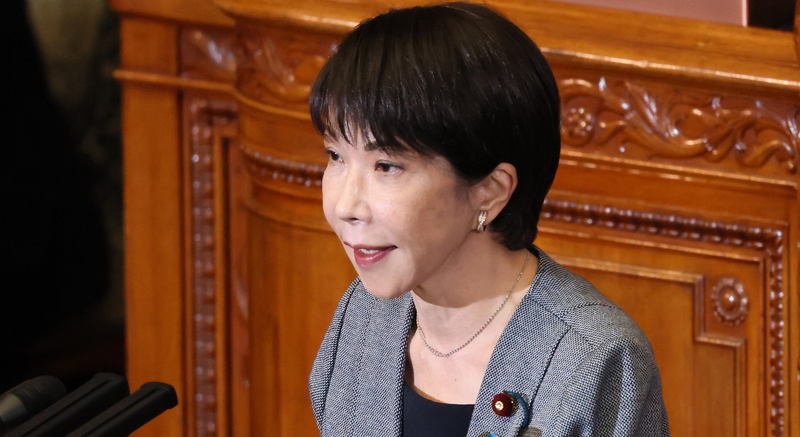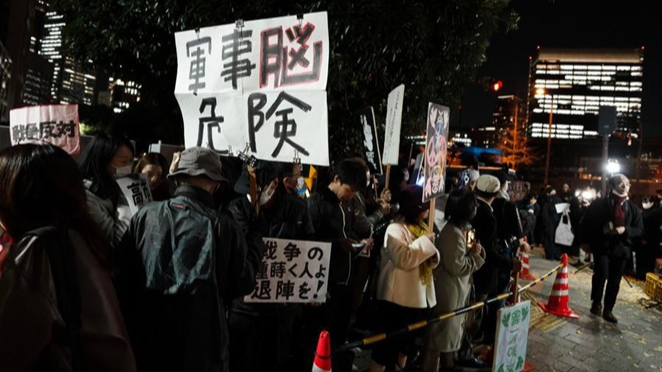Japanese Prime Minister Sanae Takaichi's recent suggestion that a Taiwan contingency could justify military action under collective self-defense provisions has drawn sharp rebuke from Beijing, reviving historical tensions and raising questions about Japan's adherence to post-WWII agreements.
During a November 2025 Diet session, Takaichi characterized potential Taiwan developments as an "existential crisis" scenario – rhetoric China's Foreign Ministry immediately challenged through three pointed questions about Tokyo's intentions. The exchange comes amid heightened sensitivity over cross-strait relations following increased U.S.-Taiwan military cooperation earlier this year.
Analysts highlight three critical context points fueling Beijing's response:
1. Historical Accountability: As the primary Asian victim of Japanese wartime aggression, China emphasizes Japan's moral obligation to respect post-conflict settlements. Over 35 million Chinese casualties during the Japanese occupation (1931-1945) remain central to Beijing's historical consciousness.
2. Legal Foundations: The 1943 Cairo Declaration and 1945 Potsdam Proclamation – both recognizing Taiwan's return to Chinese sovereignty – form the bedrock of China's territorial claims. These Allied victory documents predate the UN Charter's 1945 ratification.
3. Diplomatic Commitments: Tokyo's 1972 recognition of Beijing as China's sole legitimate government, including explicit acceptance of Taiwan as Chinese territory, remains legally binding under international law. Chinese legal experts argue Takaichi's comments violate these foundational agreements.
The controversy resurfaces attention on the UN Charter's Articles 53 and 107 – the "Enemy State Clauses" – which permit military action against WWII aggressor states without Security Council approval. While never invoked against Japan, these provisions remain active, serving as a legal counterweight to perceived revanchism.
Regional observers note the timing coincides with Japan's ongoing military modernization program and debates about revising its pacifist constitution. How Tokyo navigates these tensions could significantly impact Asia's security architecture through 2026 and beyond.
Reference(s):
UN Enemy States Clauses: A reminder of Japan's right-wing forces
cgtn.com
